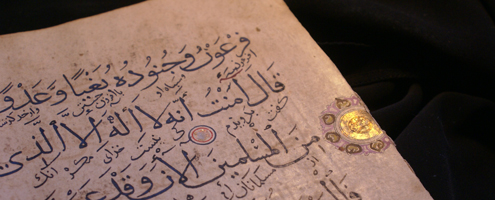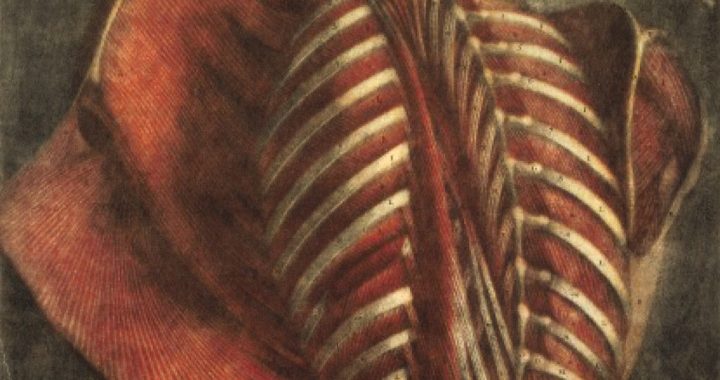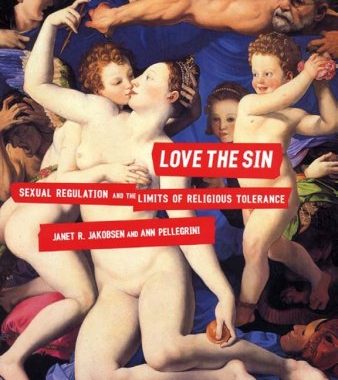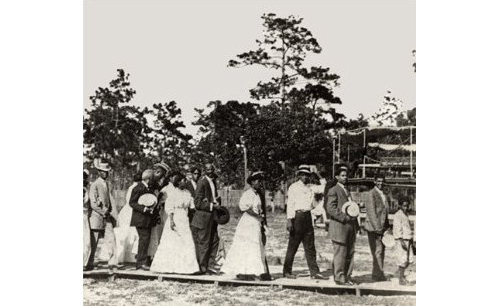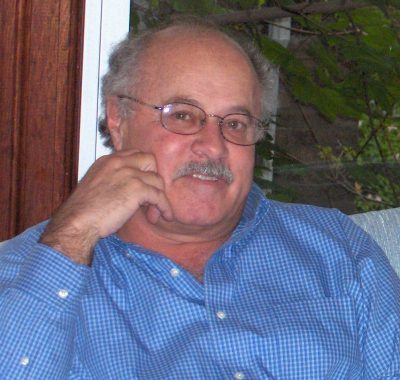The Religion, Culture, and Social Movements Research Cluster presents:
Keith E. McNeal: “Religion and the Alter-Nationalist Politics of Diaspora in an Era of Postcolonial Multiculturalism: Case Studies from Trinidad and Tobago”
Monday, April 5 / 12:15 PM / Humanities 210
Workshop:
Monday, April 5 / 3 PM / Humanities 210
Please download the following readings for the seminar and the workshop:
Readings Part 1
Readings Part 2
Readings Part 3
Keith E. McNeal’s research concerns the cultural history and moral politics of race, religion, and diaspora in Trinidad and Tobago. It traces interrelationships between contrasting racial ideologies of subordination and African and Hindu popular religions in the colonial period and their transformations in the independence period and beyond, developing an analytical distinction between Christianity as “visible” and “invisible” interlocutor. Professor McNeal will lead us in a discussion of his forthcoming book, Ecstasy in Exile: Spirits and Transculturation in the Southern Caribbean. He is Assistant Professor of Anthropology at UC San Diego.
For more information, contact Josh Brahinsky at jbrahins@ucsc.edu.



